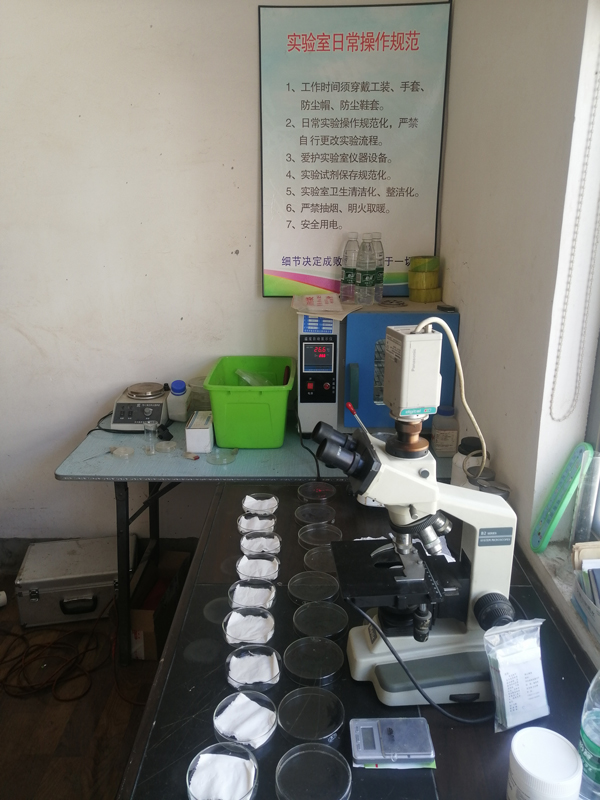Jul . 12, 2024 08:24 Back to list
Factories for gathering kiwifruit pollen in collection bases are essential for production.
Kiwifruit, also known as Chinese gooseberry, is a popular fruit known for its sweet and tangy flavor. To produce kiwifruit, pollination is a crucial step in the process. Pollination is the transfer of pollen from the male part of the plant to the female part, which results in fertilization and the development of fruits.
In order to ensure successful pollination, kiwifruit growers often rely on pollen collection bases or factories. These facilities are equipped with specialized equipment and techniques to efficiently harvest and store kiwifruit pollen. The collected pollen is then used to pollinate female kiwifruit flowers, increasing the chances of fruit set and yield.
Pollen collection bases are strategically located near kiwifruit orchards to minimize transportation time and ensure the freshness of the pollen. The process of collecting kiwifruit pollen involves carefully extracting the pollen grains from the male flowers of the kiwifruit plant. This delicate process requires skilled workers who are trained to handle the pollen with care to avoid damage.
Once the pollen is collected, it is carefully stored in controlled environments to maintain its viability. Proper storage conditions, such as cool temperatures and low humidity, help preserve the pollen's quality and ensure its effectiveness in pollination

kiwifruit pollen collection base factories. The stored pollen is then packaged and distributed to kiwifruit orchards during the blooming season. Pollen collection bases also play a key role in breeding programs for kiwifruit. By collecting pollen from different varieties of kiwifruit plants, growers can create new hybrid varieties with desired traits such as flavor, size, and disease resistance. These breeding efforts help improve the quality and diversity of kiwifruit available to consumers. In addition to pollination, pollen collection bases may also offer services such as pollen testing and analysis. By analyzing the characteristics of the pollen, growers can determine its quality and suitability for pollination. This information helps growers make informed decisions about which pollen to use in their orchards to maximize fruit set and yield. Overall, pollen collection bases play a crucial role in the kiwifruit industry by providing a reliable source of high-quality pollen for pollination. These facilities help ensure successful fruit production and contribute to the ongoing research and development of new kiwifruit varieties. Thanks to pollen collection bases, kiwifruit growers can continue to produce delicious and nutritious fruits for consumers around the world.

kiwifruit pollen collection base factories. The stored pollen is then packaged and distributed to kiwifruit orchards during the blooming season. Pollen collection bases also play a key role in breeding programs for kiwifruit. By collecting pollen from different varieties of kiwifruit plants, growers can create new hybrid varieties with desired traits such as flavor, size, and disease resistance. These breeding efforts help improve the quality and diversity of kiwifruit available to consumers. In addition to pollination, pollen collection bases may also offer services such as pollen testing and analysis. By analyzing the characteristics of the pollen, growers can determine its quality and suitability for pollination. This information helps growers make informed decisions about which pollen to use in their orchards to maximize fruit set and yield. Overall, pollen collection bases play a crucial role in the kiwifruit industry by providing a reliable source of high-quality pollen for pollination. These facilities help ensure successful fruit production and contribute to the ongoing research and development of new kiwifruit varieties. Thanks to pollen collection bases, kiwifruit growers can continue to produce delicious and nutritious fruits for consumers around the world.
Latest news
-
Pollen Peach Tree for Pure Pollination and High-Quality Peach Pollen
NewsJul.30,2025
-
Premium Cherry Pollen for Pure Pollination & Different Types
NewsJul.30,2025
-
Artificial Pollination Solutions for Various Plant Pollen Types
NewsJul.29,2025
-
Artificial Pollination Solutions for All Plant Pollen Types
NewsJul.29,2025
-
Premium Plant Pollen for Pure Pollination & Pollen Block Solutions
NewsJul.29,2025
-
Artificial Pollination Solutions for Efficient Crop Yields
NewsJul.28,2025